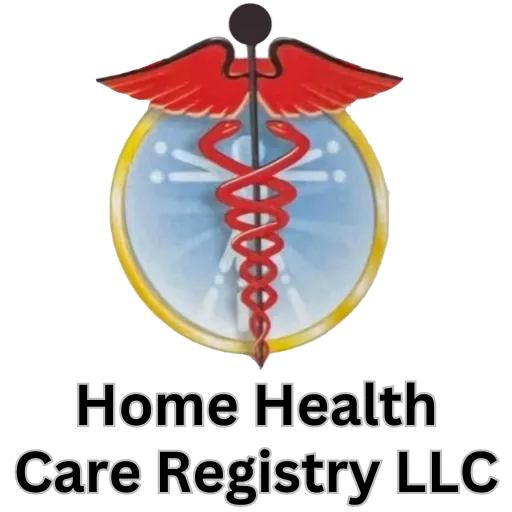As we age, our health becomes an even more precious aspect of our lives. Regular health checkups for seniors are not just a routine but a proactive step towards ensuring their well-being and addressing potential health issues in a timely manner. In this comprehensive guide, we explore the importance of prioritizing regular health checkups for seniors, the key components of these checkups, and how they contribute to a holistic approach to senior care.
The Importance of Regular Health Checkups
Early Detection of Health Issues:
Regular health checkups play a pivotal role in the early detection of health issues. Many medical conditions, including chronic diseases, have a higher prevalence among the elderly. Routine screenings and examinations can identify signs and symptoms before they escalate, allowing for prompt intervention and management.
Preventive Care and Disease Prevention:
Preventive care is a cornerstone of senior health. Health checkups provide an opportunity for vaccinations, screenings, and lifestyle assessments that can help prevent certain diseases. From flu shots to cancer screenings, these measures contribute to maintaining overall health and quality of life.
Medication Management and Adjustment:
Seniors often have complex medication regimens. Regular health checkups offer an opportunity to review and adjust medications as needed. This ensures that prescribed medications remain effective, dosage is appropriate, and potential interactions are addressed, minimizing the risk of adverse effects.
Comprehensive Physical and Mental Health Assessment:
Health checkups encompass a comprehensive assessment of both physical and mental well-being. This includes evaluating mobility, cognitive function, emotional health, and the overall ability to perform daily activities. Such assessments contribute to a holistic understanding of a senior’s health status.
Tailored Health Plans:
Individualized health plans can be developed based on the findings of regular checkups. These plans consider the unique health needs, lifestyle, and preferences of the senior, providing a roadmap for maintaining and improving health over time.
Key Components of Regular Health Checkups
Physical Examination:
A thorough physical examination is a fundamental component of health checkups. This includes assessing vital signs, examining the cardiovascular system, checking for joint and muscle function, and evaluating overall physical health.
Blood Pressure Monitoring:
Regular monitoring of blood pressure is crucial, especially for seniors who may be at higher risk of hypertension. Elevated blood pressure can lead to various health issues, including heart disease and stroke.
Cholesterol and Blood Glucose Tests:
Blood tests are commonly conducted to assess cholesterol levels and blood glucose. Abnormalities in these parameters can indicate an increased risk of cardiovascular diseases and diabetes, allowing for timely intervention and lifestyle adjustments.
Vision and Hearing Tests:
Age-related changes in vision and hearing are common. Regular tests ensure that issues such as cataracts, glaucoma, or hearing loss are detected early, enabling appropriate interventions or treatments.
Cancer Screenings:
Cancer screenings become more important with age. Depending on factors such as family history and lifestyle, seniors may undergo screenings for breast, colon, prostate, and other types of cancer.
Bone Density Assessment:
Osteoporosis is a concern for many seniors, particularly women. Bone density assessments help identify the risk of fractures and guide preventive measures to maintain bone health.
Cognitive Function Assessment:
Evaluating cognitive function is essential, especially considering the prevalence of conditions like Alzheimer’s and dementia among seniors. Early detection allows for better management and support for cognitive health.
Immunizations:
Vaccinations are a crucial aspect of preventive care. Seniors may receive vaccines for influenza, pneumonia, shingles, and other preventable diseases, boosting their immune defenses.
Medication Review:
A thorough review of medications ensures that seniors are taking prescribed drugs correctly. It also provides an opportunity to discuss any side effects, potential interactions, or adjustments needed in the medication regimen.
Lifestyle and Mental Health Assessment:
Understanding a senior’s lifestyle and mental health is integral to comprehensive care. Checkups may involve discussions about diet, exercise, stress management, and emotional well-being.
Incorporating a Holistic Approach to Senior Health
Personalized Care Plans:
Regular health checkups facilitate the creation of personalized care plans. These plans consider the individual’s health goals, preferences, and challenges, providing a roadmap for achieving and maintaining optimal health.
Preventive Health Education:
Health checkups offer opportunities for health education. Seniors can receive guidance on preventive measures, lifestyle modifications, and self-care practices that contribute to long-term well-being.
Coordination of Care:
Regular health checkups involve coordination among healthcare professionals. This collaborative approach ensures that primary care physicians, specialists, and other healthcare providers work together to address the diverse needs of seniors.
Support for Family Caregivers:
Families play a crucial role in senior health. Regular checkups provide an avenue for family caregivers to engage with healthcare providers, receive guidance, and actively participate in the care and well-being of their loved ones.
Summary
Prioritizing regular health checkups for seniors is a cornerstone of proactive and holistic care. These checkups go beyond diagnosing and treating illnesses; they empower seniors to take charge of their health and well-being. By detecting issues early, implementing preventive measures, and tailoring care to individual needs, regular health checkups contribute to a higher quality of life in the golden years. It’s a collaborative journey between seniors, healthcare providers, and families, working together to ensure that every aspect of a senior’s health is considered and addressed with care and compassion.






0 Comments